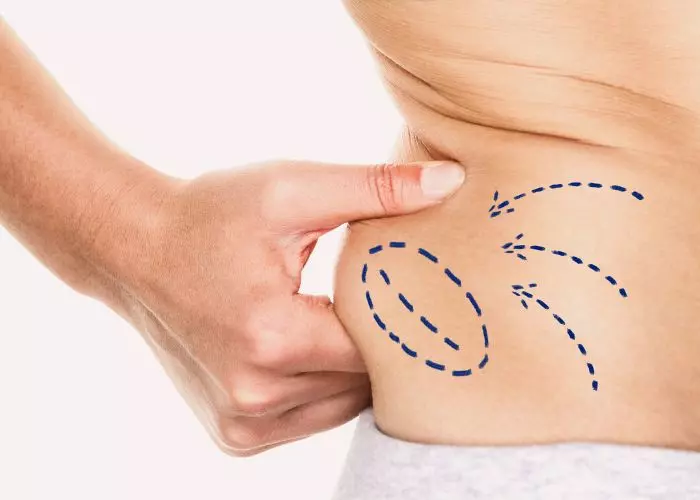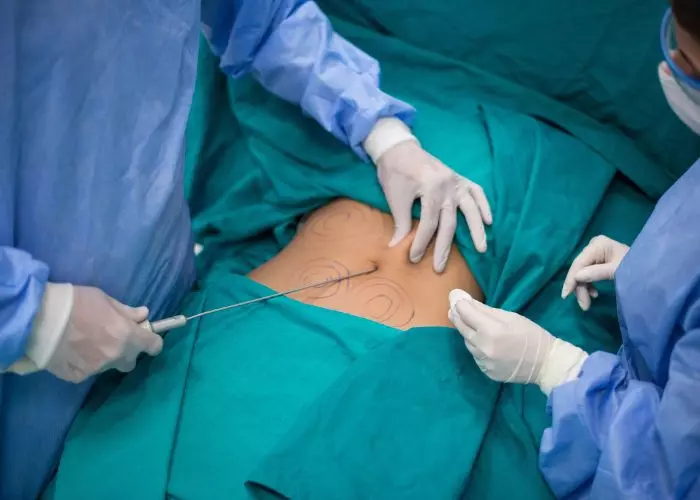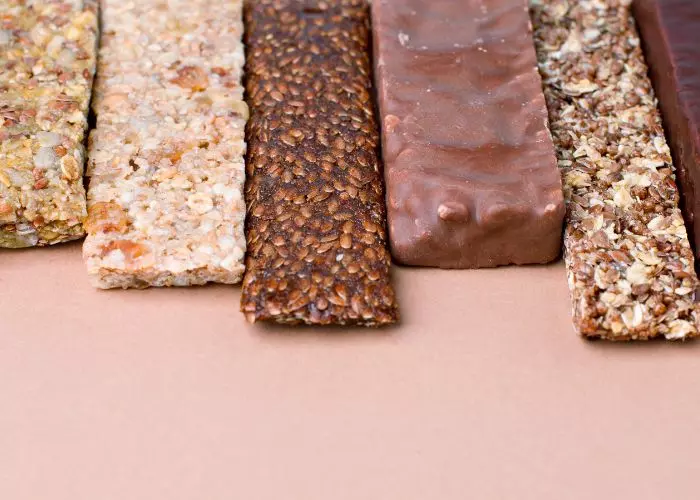Liposuction, a popular cosmetic surgery, has become a sought-after solution for those striving to achieve their desired body shape. It involves the removal of excess fat from specific areas of the body, but many wonder about its effectiveness in shedding overall weight.
While liposuction can indeed provide impressive contouring results, it’s essential to understand that its primary purpose is not weight loss. In this article, we will explore the intricacies of liposuction, How Much Weight Do You Lose with Liposuction, and why it is not a substitute for traditional weight loss methods.

The Procedure and its Objectives
Liposuction is a widely performed cosmetic procedure that offers a way to eliminate stubborn fat pockets, particularly in areas that are hard to target through conventional weight loss methods. The liposuction procedure involves minimal scarring and relatively short recovery time.
It’s important to remember that liposuction is not a treatment for obesity or a substitute for healthy living. For optimal results, patients should maintain a stable weight and commit to a balanced lifestyle. By understanding its purpose as a body-contouring tool, individuals can make informed decisions and achieve sculpted appearance.

How Much Weight Do You Lose with Liposuction
The extent of fat removal in liposuction is a carefully considered process, tailored to each patient’s unique requirements and the surgeon’s expertise. Typically, the amount of fat suctioned out can vary significantly, ranging from a few ounces to several pounds.
While it may be tempting to remove large volumes of fat in a single session, experienced surgeons approach the procedure cautiously, prioritizing patient safety above all else. Conservative fat removal minimizes potential risks-complications and contributes to achieving aesthetically pleasing and natural-looking results that align with the patient’s body proportions.
Weight Loss vs. Body Contouring
Distinguishing between weight loss and body contouring is vital when considering liposuction. Unlike weight loss methods, liposuction is not a solution for obesity, nor should it replace a healthy lifestyle. Instead, it serves as a supportive measure alongside proper diet and exercise regimens.
By focusing on resistant fat deposits, liposuction helps individuals achieve more balanced and proportionate body contours. Emphasizing realistic expectations and understanding the complementary role of liposuction in achieving a sculpted appearance is crucial for those seeking to enhance their physical features through this cosmetic procedure.

Ideal Candidates for Liposuction
Ideal candidates for liposuction are typically individuals who are near their desired weight but face stubborn, localized fat deposits that resist traditional diet and exercise efforts. Essential criteria include good overall health and having reasonable expectations for the liposuction procedure.
Always, understand that liposuction is not intended for significant weight reduction or as a substitute for adopting a healthy lifestyle. Instead, it complements a balanced regimen, offering a targeted approach to enhance body contours and achieve a more proportionate figure, making it an excellent option for many people.

Post-Surgery Expectations
Following liposuction, patients can anticipate some temporary side effects such as swelling, bruising, and discomfort. However, as the swelling gradually diminishes over the weeks and months that follow, the results will become more noticeable. Try to preserve the enhanced contours achieved through liposuction.
To achieve that, its crucial for patients to sustain a stable weight by adhering to a balanced diet and regular exercise routine. By adopting a healthy lifestyle, individuals can maximize the long-term success of the procedure, ensuring that the sculpted appearance they desire remains for years to come. Read another article about How Much Weight Can You Lose with a Tummy Tuck here.
Frequently Asked Questions
What is the primary objective of liposuction?
Liposuction serves as a specialized procedure aimed at addressing localized, stubborn fat deposits in specific body areas. By precisely targeting and removing these deposits, it enhances the body’s natural contours, resulting in a more balanced and proportionate appearance, effectively transforming and refining the patient’s silhouette.
Can liposuction be used as a method for significant weight reduction?
Liposuction is not intended for significant weight loss and is not suitable for individuals seeking major weight reduction. It is most suitable for those near their ideal weight but facing localized areas of stubborn fat that resist diet and exercise.
What are some common side effects experienced by patients after liposuction?
Common side effects experienced by patients? Following liposuction, patients commonly experience temporary side effects like swelling, bruising, and discomfort. Over the subsequent weeks and months, these effects gradually diminish, allowing the enhanced results of the procedure to become more apparent and rewarding.
Who are the best candidates for liposuction?
Ideal liposuction candidates are individuals in good overall health, close to their desired weight, and struggling with stubborn localized fat deposits that do not respond to diet and exercise. These factors ensure better results and reduce the risk of complications.
How can patients maintain the results of liposuction in the long term?
To maintain the results of liposuction, patients are advised to maintain a stable weight by following a balanced diet and exercising regularly. Adopting a healthy lifestyle plays a crucial role in ensuring the long-term success of the liposuction procedure, helping to sustain the sculpted appearance achieved through the surgery.
Conclusión
Liposuction is a valuable cosmetic procedure designed to contour specific areas of the body and enhance aesthetics, but it is not a weight loss solution. While it can remove varying amounts of fat, the primary goal is to sculpt the body and improve proportions.
Understanding the limitations and realistic expectations of liposuction is essential for potential candidates to make informed decisions. Remember, the best results come from a combination of a healthy lifestyle, including proper nutrition and regular exercise, to maintain the sculpted figure achieved through liposuction.























